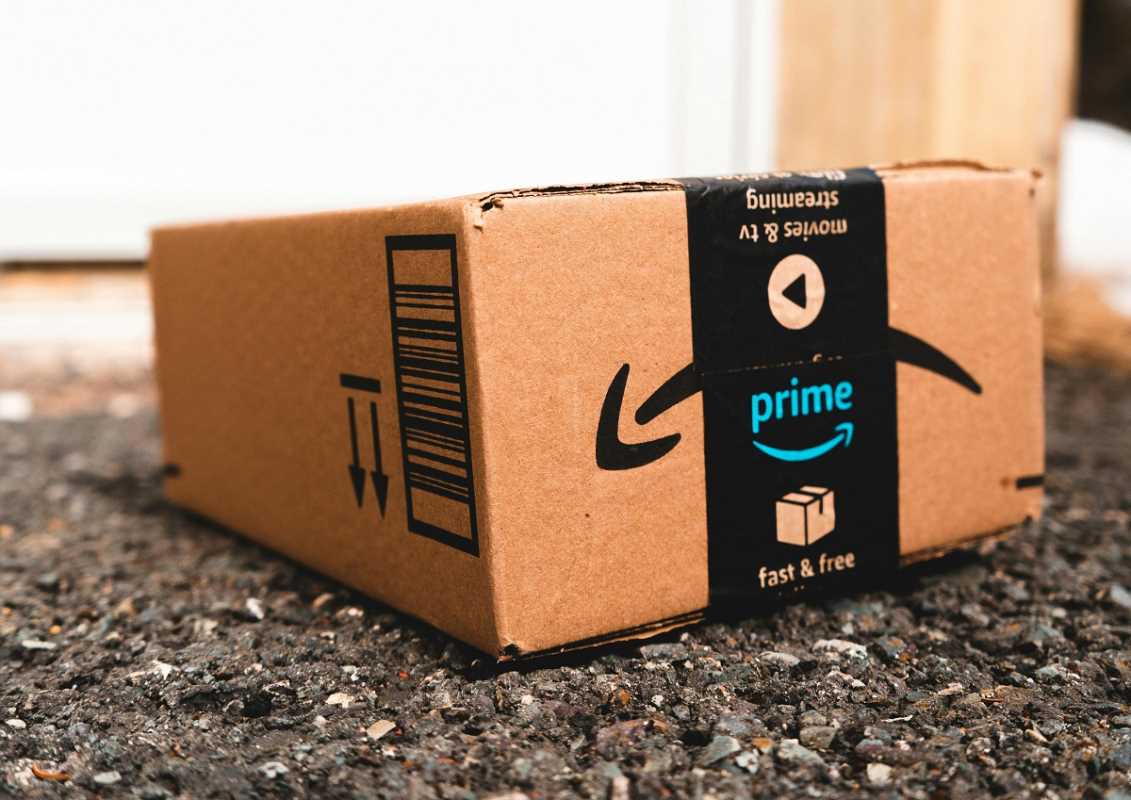Booking a hotel for your next trip can be an exciting moment, but finding the perfect deal is often a challenge. With so many options to choose from, comparing prices can feel overwhelming. But don’t worry! With the right tips and tools, you can hunt down great deals and ensure you’re getting the most value for your money.
Here’s a guide on how to compare hotel prices effectively, avoid hidden fees, and unlock substantial savings before you hit the “book now” button.
Why Comparing Prices Matters
Hotel pricing is more dynamic than you might think. Factors like demand, location, booking time, and promotions can significantly influence prices. Booking without comparison could mean overpaying when there’s a better deal waiting. By taking a strategic approach, you’ll not only save money but may even be able to afford a stay at that luxurious property you’ve been eyeing.
Follow these proven tips to find the best prices every time you book.
1. Use Price Comparison Websites
One of the easiest ways to check hotel prices is by using online comparison tools. These platforms do the heavy lifting for you by gathering rates from multiple booking websites. Some popular services include:
- Google Hotels: Simply type in your destination and dates, and it compiles rates from across the web into one easy-to-use dashboard.
- Kayak: Compare prices for hotels, flights, and more. Kayak also lets you track price trends to see if booking now or waiting could yield better results.
- Booking.com: Known for a wide variety of properties, from budget-friendly stays to luxury hotels, Booking.com often features last-minute discounts.
Pro Tip:
Take advantage of filter options on these platforms to refine your search. You can narrow down by price, star rating, guest reviews, amenities, and more. The more specific you get, the easier it’ll be to identify the best deals.
2. Look Beyond Aggregator Sites
While price comparison tools are handy, the price you see there isn’t always the final cost. Aggregator websites often list initial rates that don’t include taxes or extra fees, which you won’t notice until checkout.
- Visit the hotel’s official website to confirm the total cost. Sometimes, hotels offer exclusive discounts, perks, or packages for booking directly with them.
- Check lesser-known regional booking platforms, which may have local deals not listed on global sites.
Pro Tip:
Call the hotel directly and ask if they can offer a better rate for booking over the phone. You might be surprised by the discounts or extras they offer, especially if the property values direct bookings!
3. Beware of Hidden Fees
What looks like a bargain at first glance may not be when extra fees are factored in. From resort fees to mandatory cleaning charges, hidden costs can quickly inflate your bill.
Here’s what to look out for:
- Resort fees: Common in vacation hotspots; these cover amenities like pools or Wi-Fi.
- Parking fees: Many urban hotels charge for parking, often at a premium.
- Taxes: Rates can vary by location, so be sure the final cost reflects applicable taxes.
Pro Tip:
Filter your search results to show prices inclusive of fees. Some platforms, like Expedia, clearly list total costs upfront.
4. Set Price Alerts
Timing is everything when booking hotels. Prices can fluctuate daily or even hourly depending on demand. A price alert allows you to track rates over time, giving you a better chance of booking at the lowest point.
Tools to Try:
- Google Hotels: Set alerts, and Google will notify you about price drops for your chosen dates.
- Hopper: Although best known for flights, Hopper also tracks hotel prices and offers personalized insights on when to book.
- Trivago: Their alert system monitors price drops across several booking sites.
Pro Tip:
If your travel dates are flexible, use the price trends or deal calendars often found on these platforms to identify the cheapest times to travel.
5. Leverage Loyalty Programs and Credit Card Perks
Hotels often reward repeat guests with deals or points through loyalty programs. These points can go toward free or discounted stays, upgrades, or perks like free breakfast.
Here’s how to make the most of them:
- Sign up for programs like Hilton Honors, Marriott Bonvoy, or IHG Rewards Club. Membership is free, and even occasional travelers can earn enough points over time for significant benefits.
- Use travel-focused credit cards, like Chase Sapphire Preferred or American Express Platinum, to earn points or redeem travel credits for hotel stays.
Pro Tip:
Some loyalty programs guarantee price matching if you find a cheaper rate elsewhere. Marriott, for instance, offers the lower price and an additional 25% discount!
6. Consider Alternative Accommodations
Sometimes the best deal isn’t a hotel at all. Vacation rentals, hostels, or boutique inns can offer unique stays at competitive prices, especially for families or group travelers.
Options to Explore:
- Airbnb or Vrbo: Perfect for finding homes or apartments with amenities like kitchens and washers that can save you money on dining out or laundry.
- Hostels: Modern hostels offer more than shared bunks. Many feature private rooms for lower rates than standard hotels.
- Boutique stays: Smaller, independently-owned properties often focus on personalized service and charming details.
Pro Tip:
When considering vacation rentals, read reviews carefully. Look for consistently high ratings, and don’t forget to factor in cleaning fees or service charges.
7. Book in the Right Time Window
Timing your booking is crucial for finding the best rates. For most destinations:
- Book 2-3 weeks in advance for the lowest prices on mid-range hotels.
- For high-demand seasons or luxury properties, aim for 3-6 months in advance to lock in the best deals.
- Explore last-minute discounts if you’re flexible, particularly on apps like HotelTonight, which specialize in unsold inventory.
Pro Tip:
Traveling mid-week or just outside peak season can yield much lower rates. A Tuesday check-in might be significantly cheaper than arriving on a Friday.
8. Don’t Forget About Reviews
A low price doesn’t always mean value, especially if the property doesn’t meet your expectations. Once you’ve shortlisted a few options, check reviews on TripAdvisor, Google, or the booking platform itself.
What to Look For in Reviews:
- Cleanliness
- Service quality
- Safety and location
- Maintenance and amenities
If you spot reviews consistently mentioning hidden fees or poor customer service, consider it a red flag.
 (Image via
(Image via.jpg)





